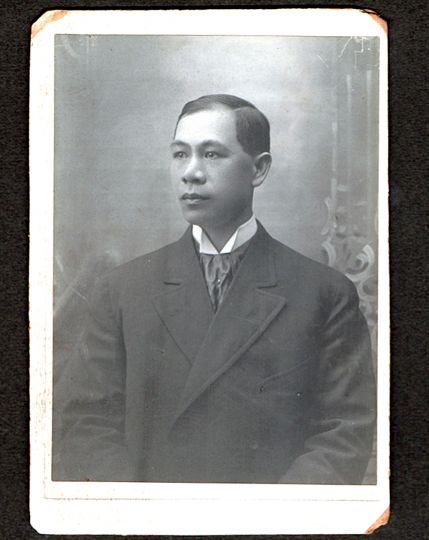Last year, I wrote about the story of Hong Yen Chang, a Chinese immigrant and law student who received his law degree from Columbia in 1868, and who moved to California to practice law in 1890, only to be barred from admission into the California State Bar because he was “Mongoloid”. Federal law at the time prohibited anyone of Asian descent from naturalizing as citizens.
Chang was one of the country’s first Chinese American Ivy Leaguers, and he had already made history after graduating from Columbia when he fought for his right to practice law in the state of New York; he challenged the initial decision to deny him entry into the New York State Bar, and won his case before the New York Supreme Court to become the first Chinese lawyer in the United States.
However, when Chang moved to California to serve the state’s growing Chinese immigrant population — many of whom endured systemic racial discrimination under the state’s growing spate of racist anti-Asian laws coupled with prohibitions against non-Whites from testifying in their own defense in court — Chang was denied permission to take California’s State Bar Exam. Chang challenged the California State Bar in California’s Supreme Court, but that Court — unlike in New York — ruled against Chang, citing the 1882 Chinese Exclusion Act as evidence that Chang was ineligible for US citizenship on the basis of his race, and a state law that barred non-citizens from practicing law in the state of California. That decision later became known as one of California’s most historically racist Supreme Court decisions.
In 2011, a group of UC Davis learned of Chang’s story and decided to take action. Joined by their faculty advisor, the UC Davis Asian Pacific American Law Association began a campaign to challenge the California Supreme Court decision of 1890 against Chang.
Today, those students were successful: the California Supreme Court reversed their 1890 decision and agreed to admit Hong Yen Chang into the state bar, awarding the state’s first-ever posthumous law license.
“Even if we cannot undo history,” the ruling said, “we can acknowledge it and, in so doing, accord a full measure of recognition to Chang’s pathbreaking efforts to become the first lawyer of Chinese descent in the United States.
“The people and the courts of California were denied Chang’s services as a lawyer,” said the unsigned ruling. “But we need not be denied his example as a pioneer for a more inclusive legal profession. In granting Hong Yen Chang posthumous admission to the California Bar, we affirm his rightful place among the ranks of persons deemed qualified to serve as an attorney and counselor at law in the courts of California.”
This is a powerful victory that directly addresses one of several historical wrongs originating from the nearly century-long history of discriminatory anti-Asian laws in California; it further illustrates the power of dedicated, grassroots activism.
[UC Davis Law Professor] Gabriel Chin said the 1890 ruling denying Chang a law license has long been “notorious among Asian American legal scholars.”
Although Monday’s ruling will not remove it from the law books, “it adds another chapter to the story,” Chin said. When law students and others come across it, they will know “that it wasn’t the last word in the case.”
Earlier this year, California also voted to formally apologize for its numerous anti-Asian state laws passed during the late 19th and early 20th century.

